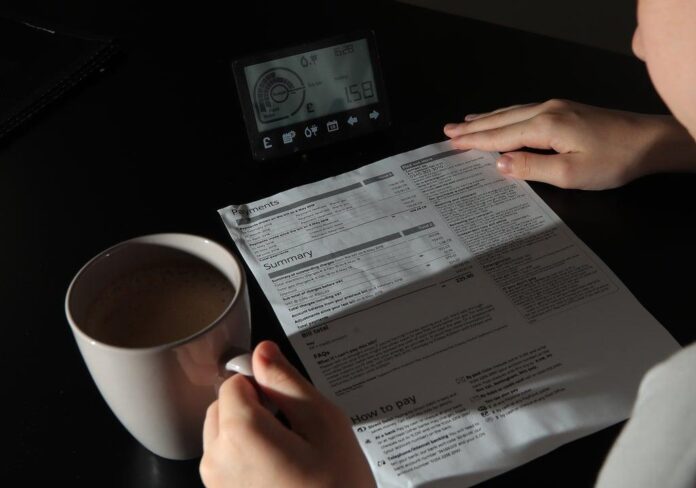New research by the Joseph Rowntree Foundation using a survey of around 4,000 people on low household incomes (the bottom 40%, which equates to an income of under £25,000 for a couple with no children) reveals the heavy toll the cost of living is taking after a decade of social security cuts and underfunding.
The Chancellor’s support package, although welcome to tackle rising energy costs, doesn’t even touch the sides when it comes to the financial problems of low-income families highlighted in this extensive report.
The report describes the impossible position people found themselves in choosing between paying rent on time or feeding their loved ones, in many cases unable to do either. 2.3m households found it was not a choice of heating or eating – they had already gone without both.
People on low-incomes have turned to borrowing as they have taken on £12.5bn of new debt in 2022, out of a total £22bn. They owe a total of £3.5bn to high-cost lenders including doorstep lenders and illegal loan sharks which can threaten their financial future.
Families are already struggling to make their repayments. Arrears on all personal debt have more than doubled from £1.8bn to £3.8bn since October last year and, with interest rates rising, JRF expects these arrears will spiral.
Worryingly, the report has found that the government is causing severe hardship by using the benefit system to collect some debts, often at unaffordable rates. People forced to have these ‘debt deductions’ are suffering more severely than families on benefits without them. JRF is calling on ministers to consider a simple fix to the spiralling financial woes of these families; let them pay back their debt more slowly rather than automatically clawing back up to a quarter each month from what people are entitled to.
Katie Schmuecker, Principal Policy Advisor at the Joseph Rowntree Foundation said:
“Our research illustrates the frightening year of financial fear low-income families are living through. Families up and down the country have been faced with options that are simple but grim – fall behind on bills, go without essentials like enough food, or take on expensive debt at high interest. In some cases they had to do all three.
“No one should be put in this precarious position. The hardship families are facing now builds on the foundations of a decade of cuts and freezes to social security. The Chancellor’s cost of living support package will offer some temporary relief, but rather than lurching from emergency to emergency government must get ahead of this problem. A simple thing they can do immediately to make a difference is to stop deducting debt repayments from benefits at unaffordable rates.
“The way government collects debts is making an already bad situation far worse, by making an already low basic rate of social security even lower still. It leaves too little to cover the essentials at the best of times, let alone during the biggest cost of living crisis in a generation – a crisis which shows no signs of abating.
“In addition the government should increase basic Universal Credit entitlements to ensure it always, at a minimum, enables people to afford the essentials when they fall on hard times.”







